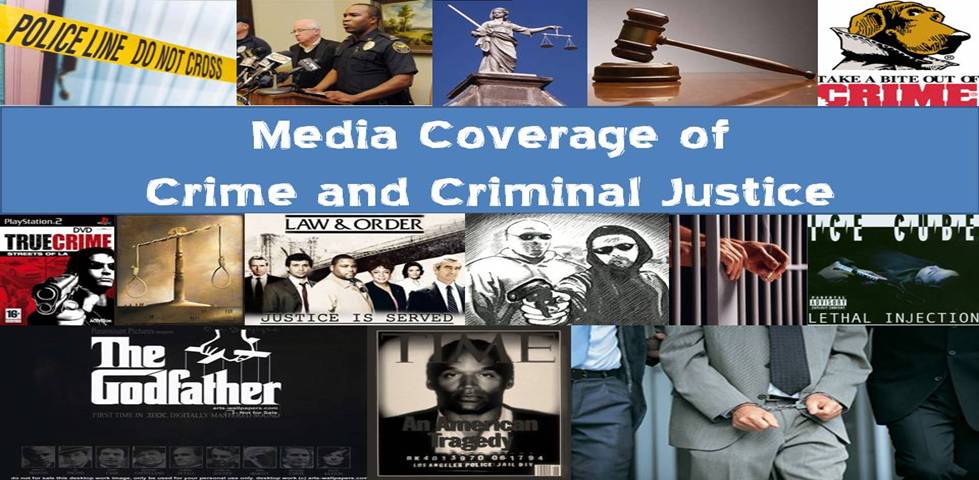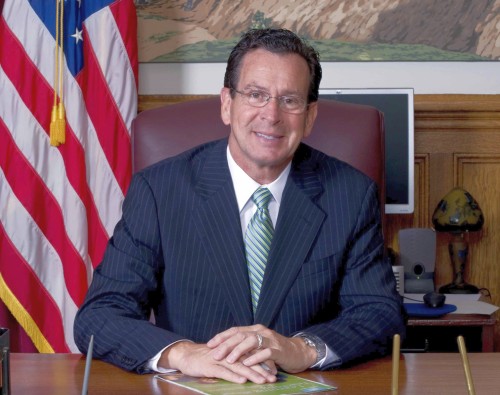As you know, the US Supreme Court has heard challenges to the Obama health care law, often called by its more cuddly name, "Obamacare."
The Court set aside six hours of hearings over three days, as opposed to the normal one hour normally reserved by the Court. That should give you a sense of the complexity of the case, if not the importance.
You listen to the entire argument as well as read analysis
here (
New York Times).
The issues:
1) Does the Court have authority to decide the fate of the law in the first place
2) Can Congress require you to buy health insurance (the individual mandate)?
3) If the Court invalidates the individual mandate, can that be severed from the rest of the law or does the whole law become invalid?
4) What about the Medicaid expansion?
The Justices are now deciding these issues in private. The process is unknown to most, but insiders to the Court have written about the process of bargaining between Justices, a process that sounds pretty disgusting to me. Imagine, for example, agreeing to conclude something to please another Justice or to get his or her vote on another case.
 |
| Yes, it is entirely up to us. |
Thomas Goldstein, a Washington lawyer and publisher of SCOTUSblog.com, recently said: "This case is on a rocket ship. Because there may be as many as four decisions, the justices work collaboratively. The majority opinion writer circulates it for other people to comment, dissenters will circulate their opinions and that process will go back and forth, back and forth until about mid-June, when they will just get down to finalize it."
So we will know the fate of this law in June. Predictions
are all over the web. I already made the outlandish prediction that the Court will uphold the law, 7-2. But if I were a betting man, I'd go with 5-4 to overturn it.
Clearly, some people love the law. Others, not so much.
Personally, I wonder how many of these people have read the law (virtually none of them) or even know what it does (probably a tiny fraction of them).
Things like:
* Insurance companies cannot hike my rate without approval from an independent panel
* They cannot put a cap of lifetime coverage for a serious condtion
* They cannot refuse me coverage based on preexisting conditions
* They cannot charge women more than men for the same insurance
* They will start offering free preventive health screenings
* Checkups and immunizations are offered for my children for free
* An insurance exchange is created to allow me to buy coverage across state lines to find the best deal for my family
Not to mention, millions of people who do not have insurance will finally get it. The only way to make sure this happens is to require people to buy insurance for those who can afford to buy it. That is, the law requires people who can afford to buy insurance to buy insurance from a private for-profit company based on the premise that it is your responsibility as a citizen to take care of yourself rather than to
not buy insurance but continue to use the health care system (e.g., emergency room visits) and force everyone else to pay for your illness or injury.
This is a conservative principle based on conservative ideas
going back at least to 1989!
So what is so controversial about this law anyway?









 On April 25, Connecticut Governor Dannel Malloy (pictured) signed into law a bill that replaces the death penalty with life without parole. Connecticut is the fifth state in five years, and the 17th overall, to do away with capital punishment. Governor Malloy, who once supported the death penalty, offered the following statement: “My position on the appropriateness of the death penalty in our criminal justice system evolved over a long period of time. As a young man, I was a death penalty supporter. Then I spent years as a prosecutor and pursued dangerous felons in court, including murderers. In the trenches of a criminal courtroom, I learned firsthand that our system of justice is very imperfect. While it’s a good system designed with the highest ideals of our democratic society in mind, like most of human experience, it is subject to the fallibility of those who participate in it. I saw people who were poorly served by their counsel. I saw people wrongly accused or mistakenly identified. I saw discrimination. In bearing witness to those things, I came to believe that doing away with the death penalty was the only way to ensure it would not be unfairly imposed." See more of the governor's statement below.
On April 25, Connecticut Governor Dannel Malloy (pictured) signed into law a bill that replaces the death penalty with life without parole. Connecticut is the fifth state in five years, and the 17th overall, to do away with capital punishment. Governor Malloy, who once supported the death penalty, offered the following statement: “My position on the appropriateness of the death penalty in our criminal justice system evolved over a long period of time. As a young man, I was a death penalty supporter. Then I spent years as a prosecutor and pursued dangerous felons in court, including murderers. In the trenches of a criminal courtroom, I learned firsthand that our system of justice is very imperfect. While it’s a good system designed with the highest ideals of our democratic society in mind, like most of human experience, it is subject to the fallibility of those who participate in it. I saw people who were poorly served by their counsel. I saw people wrongly accused or mistakenly identified. I saw discrimination. In bearing witness to those things, I came to believe that doing away with the death penalty was the only way to ensure it would not be unfairly imposed." See more of the governor's statement below.
 A recent study of the death penalty in Nevada compared the costs of defending capital and non-capital murder cases. The study, conducted by Dr. Terance Miethe of the Department of Criminal Justice at the University of Nevada, Las Vegas, looked at the time spent by defense attorneys at various stages of a case. The study’s findings included:
A recent study of the death penalty in Nevada compared the costs of defending capital and non-capital murder cases. The study, conducted by Dr. Terance Miethe of the Department of Criminal Justice at the University of Nevada, Las Vegas, looked at the time spent by defense attorneys at various stages of a case. The study’s findings included: 










